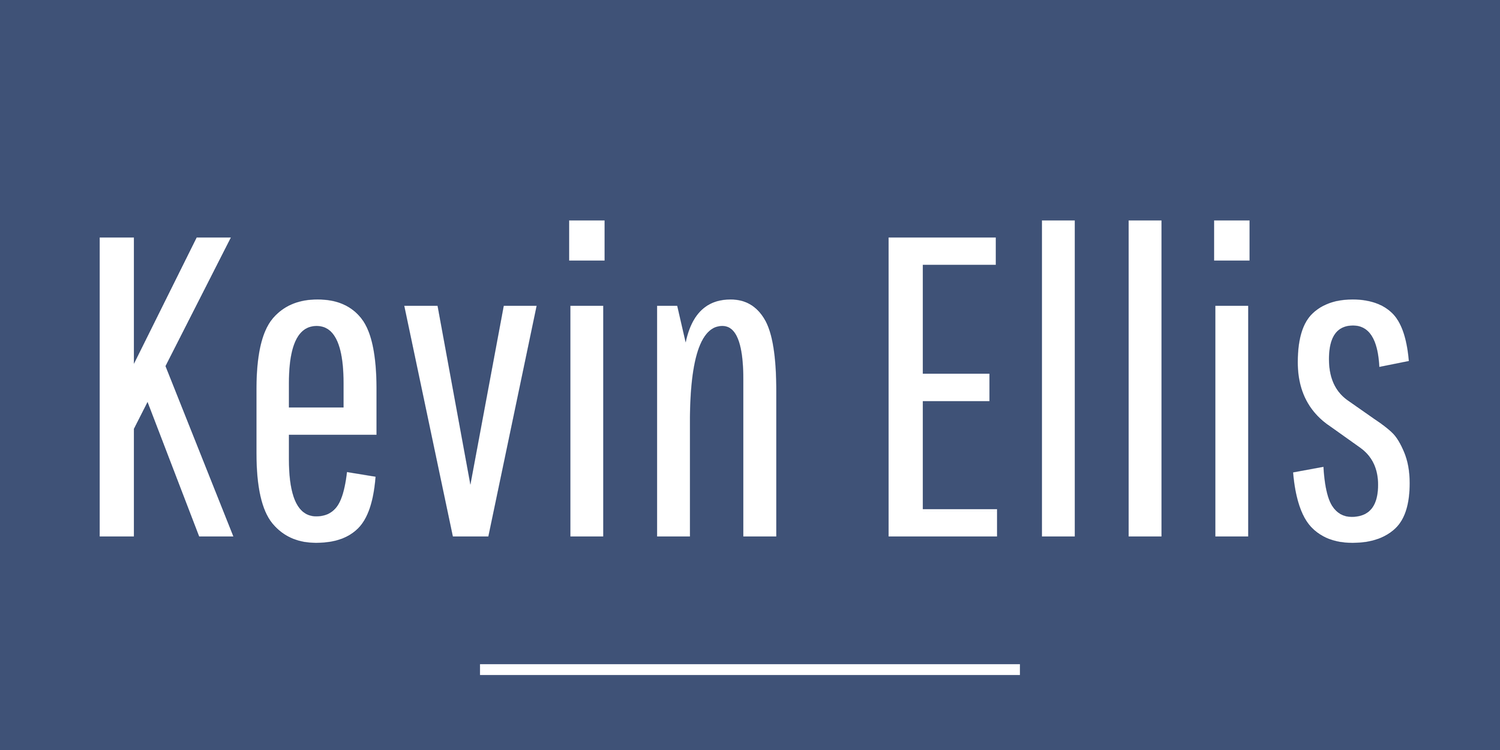Forever Chemicals
The other day, buried on page B4 of the New York Times business section, I read this headline:
“Forever Chemicals are in Food Wraps and Just About Everyplace.’’
The article discusses a chemical compound discovered back in the 1930s and sold by Dupont, the giant chemical company in Wilmington, DE that invented and manufactures everything from styrofoam and mylar to Tyvek and Lycra. The chemical is called polyfluoroalkyl or PFAs.
A recent investigation by Consumer Reports says the compound is not just in your shampoo bottle, your dental floss and your non-stain couch, it’s everywhere. It’s in our food containers, wrappers, and coffee cups. To keep your take-out burger hot, the industry has put this chemical into food wrapping. And from there, according to several scientists who study the issue, the PFA’s enter directly into your bloodstream.
That’s right, the post World War II plastic revolution has lodged itself in our bodies, in the ocean, in fish, and in… well, everywhere.
Keith Worst, a professor at Iowa State who studies PFAs, told the Times: “It’s in the Arctic. It’s in the polar bears. It’s in the trees. It’s at the bottom of the ocean. We have literally polluted our planet.’’
PFAs were discovered by a chemist at Dupont in 1938. They are called “forever chemicals,” one scientist told the Times, because they are incredibly persistent, with high resistance to temperature and corrosion. Their first use was in the non-stick cooking pan as Teflon. They have since been added to all manner of consumer products and food containers.
Dr. Worst and other researchers say the chemical grabs onto other molecules in our bodies and stays there. The compounds have been linked to cancer, immune system suppression and negative fetal development. And once in the body, it takes up to 15 years to shed.
In my time as a lobbyist, people often asked me how I felt about “bad’’ clients who did bad things. I would reply that in a Democracy everyone has a right to a voice, to advocate for their position. I would follow by saying political decision-makers need to hear from experts to inform their decisions about the issues. I still believe that company’s have a right to advocate for their product and their position, like we all do in a Democracy. I prefer, however, such advocacy in small doses as is common in Vermont, where it’s out in the open as opposed to the dark, secret money in Washington.
But this plastic issue is terrifying because it’s permanent - we have killed the environment and doomed ourselves. It has me thinking about my kids and future grandkids and about what we have wrought in this society. I know plastics have all sorts of good societal uses. They make our cars lighter and cheaper. They form the body of medical devices that save lives. But has the price been worth it now that these small chemical substances are in our bodies, poisoning our food supply, slowly killing us, and our planet?
As usual, government regulation and science have not kept up with the corporate development of these substances. It is the same story over and over. Private industry works night and day to sell us products that are better, faster and cheaper: the McDonalds hamburger wrapper, the Keurig disposable coffee container, the plastic soda bottle, the plastic bag to hold your groceries.
Scientists recommend phasing out production of the chemical altogether. So do progressive advocacy organizations like the Environmental Working Group. Predictably, the Biden administration is sounding the alarm, issuing a plan to combat the threat. The plastics industry will lobby against it and shower key political leaders with campaign contributions to ensure a regulation or ban on this silent killer is never enacted.
Indeed, the Food and Drug Administration has known about these chemicals since the 1960s. Even today they suggest not to worry about the chemicals in your food packaging. Incredibly, it was Dupont that first told the government scientists about the compound and its dangers.
And as usual, in our dysfunctional political system, the gap between corporate power and the ability of government to protect its people is vast. It will take years for those charged with protecting the public to withstand the lawsuits and the pressure brought by private industry. And only when the companies are shamed by public pressure will they change course and remove these chemicals from the food supply.
“Even when there have been detectable levels of PFAs, our safety assessments have shown no cause for avoiding these foods,’’ the FDA told the Times.
Right.

